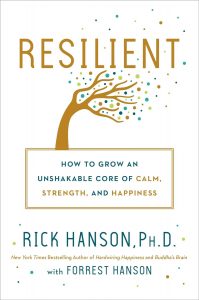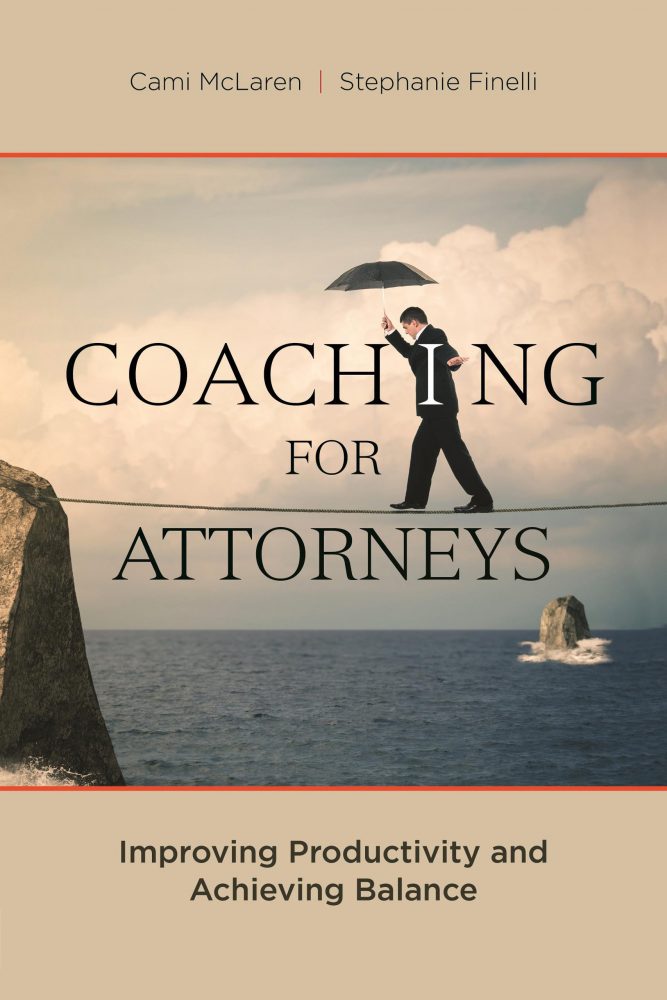“I have come to the frightening conclusion that I am the decisive element. It is my personal approach that creates the climate. It is my daily mood that makes the weather. I possess tremendous power to make life miserable or joyous. I can be a tool of torture or an instrument of inspiration; I can humiliate or humor, hurt or heal. In all situations, it is my response that decides whether a crisis is escalated or de-escalated, and a person is humanized or de-humanized. If we treat people as they are, we make them worse. If we treat people as they ought to be, we help them become what they are capable of becoming.” –Johann Wolfgang von Goethe
____________
I have the great honor of bringing leadership training to 8th graders at the Camellia Waldorf School in Sacramento (www.camelliawaldorf.org). We always start with the above quote.
I wonder, though, how many adults get this as well – truly get that we are the source. We are the “decisive element.”
“If we treat people as they are, we make them worse. If we treat people as they ought to be, we help them become what they are capable of becoming.” People often act out of an unconscious “drift.” It takes a certain type of human to see that when I act in my drift, I am not being my truest and best self. 8th graders are a great example. They can be rude and seem disrespectful. They are trying on some behaviors that many people find distasteful. It was a challenge for me when I started this work with last year’s 8th grade. Until I began to see in them a quality of understanding, a quality of compassion, that did not arise the way I thought it should or look how I thought it would. So I had not seen it. And when I realized it was there, I began to treat them as respectful and compassionate humans. Interestingly, they began to act the same. Not always. And I had to look beyond their teenage filter. But when I saw them, truly saw them, they changed.
For those of you who have done the Styles of Communication work with me, or read my recent newsletter series on Styles of Communication, this provides another useful example of what we are saying here. An analytic style, under relationship tension (any situation involving people where the analytic feels uncomfortable) will talk less, observe more, back up. The expressive style is the opposite. When the expressive feels uncomfortable, she will talk more. She will try to entertain everyone. If you look at the behavior and you say “this is how they are” and you react to the behavior, you are treating them “as they are” which as Goethe says, makes them worse. If you see that this is just a stress reaction and you treat them as you know they truly are, they will have permission to act as their true selves. In a way, you take a stand for them to be who they really are, by not getting sucked in to what they show you.
We have much more power than we think we do.
Look closely and deeply at people. Because you are the decisive element.







